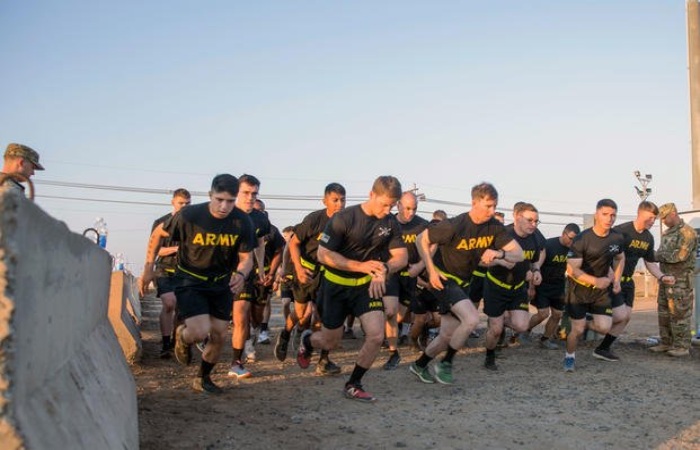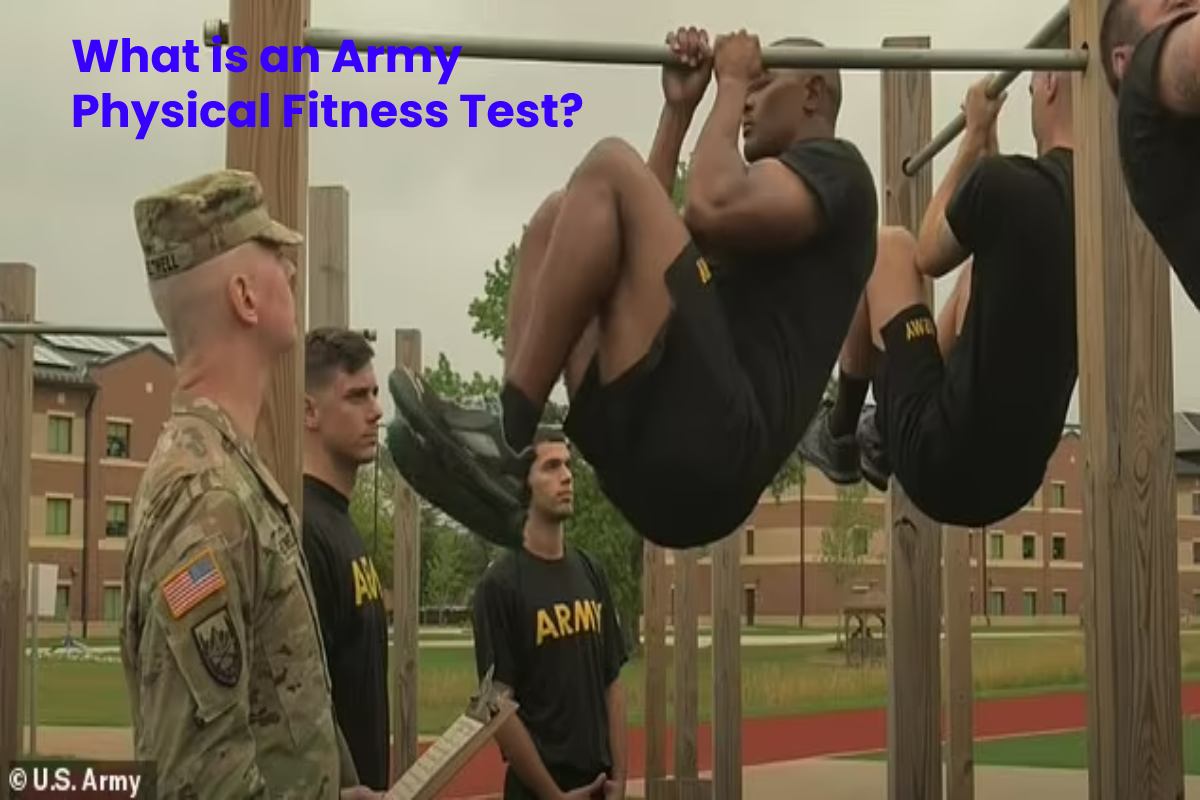An Army Physical Fitness Test is a usual exercise that an army uses to assess its soldiers’ strength and cardiovascular endurance. For the US Army, the three exercises that comprise the test are push-ups, sit-ups, and a 2-mile timed run. The United States Army requires Soldiers to pass their Army Physical Fitness Test twice a year. The soldier necessity score at least 60 on each exercise to pass the test. In that case, the minimum score per exercise is 50. The US Army Physical Fitness Test is a factor in promotion decisions and requires passing Army Basic Training.
Table of Contents
WHY IS PHYSICAL PERFORMANCE IMPORTANT FOR ASPIRANTS?
The Armed Forces must guarantee, to some extent, that all of their members are fit to perform their duties and that they can cope with the physical demands of military life. Physical performance standards vary by branch of service. Thus, for example, in the Marine Corps, the evaluation of races of several kilometres is critical. By contrast, in the navy, recruits can swim instead of running after a certain amount of time in the force.
WHAT DOES THE PHYSICAL EXAM TO ENTER THE ARMED FORCES CONSIST of?
In boot camp, recruits must pass the Physical Fitness Test to complete basic training. The maximum score is 300 points. It is essential to mention that each branch has specific ways to perform each exercise.
The physical fitness tests of each military branch have different exercises, standards, and distances in runs and swims. In addition, the requirement of the number of repetitions or the amount of time varies between men and women. The standard physical fitness test contains three challenges that measure muscular strength, endurance, and mobility:
- Doing push-ups, one to two minutes
- A timed time doing sit-ups, one to two minutes
- Race of a distance between 1.5 to 3 miles
To have specific details about the physical test you will have to face, ask your recruiter, and they will give you all the necessary information.
HOW ARE THE PHYSICAL REQUIREMENTS DIFFERENT IN EACH BRANCH?
As we have already mentioned, the specific details of the physical test change according to the force you wish to enter. These are some of the differences in the test:
Army – Two minutes of push-ups, two minutes of sit-ups, and a two-mile timed run test.
Marina: In this branch, the test consists of two minutes of push-ups, two minutes of sit-ups, and a 1.5-mile run. Choosing the swim over the run is not an option for recruits in basic training.
Marine Corps – Two-minute sit-ups, full-rep pull-ups, and a three-mile run are required. Marine fitness tests are changing and are beginning to add push-ups to the test. If you are interested in this force, ask your recruiter for specific details.
Air Force: Push-ups for one minute, sit-ups completed in one minute, and a 1.5-mile timed run.
Coast Guard: One minute of push-ups, sit-ups, and a 1.5-mile run.
HOW TO PREPARE TO PASS THE PHYSICAL EXAM?
Although it seems obvious, it is worth noting that it is not possible to prepare in a hurry to pass the physical exam. No method can achieve an acceptable physical condition instantly. The best option is to incorporate a small training program into your daily routine while preparing for the ASVAB test.

WHAT HAPPENS IF YOU DON’T PASS THE PHYSICAL EXAM?
Depending on the Armed Forces branch, the consequences of failing the physical fitness test also vary. In some cases, you may be open to a second chance to pass, remedial physical training, or both. Ask your recruiter about this possibility.
If you do not meet the fitness test standards in Basic Training, your ability to retake the test may depend on your performance. It also depends on how much time is left-hand in the training program and whether your command is willing to give it another try.
In short, people who have neglected daily physical activity will find it challenging to meet these standards. Finally, do not forget that you must prepare safely for the basic training in advance. Your recruiter has the latest information on PFT requirements.
Before starting the training
The most important thing to identify before you start training for APFT is that a test is simply a sizing tool used to measure overall fitness. Suppose you shine in these three disciplines ( upper body strength and endurance, main strength and stamina, and cardiovascular speed and endurance). In that case, you are likely in the excellent overall physical condition and well-prepared for the rigours of combat.
However, if your fitness goal is to pass the APFT, you’re missing the whole point of the test. Yes, you can train exactly to do well on the test, and this will generally mean that you are in good general physical condition, but it is also essential to have a solid foundation of total health. Total health includes:
- cardio endurance
- Muscular strength and endurance
- Injury prevention
- Adequate rest and recovery
- proper nutrition
- good flexibility
- ideal body composition
Preparing for the APFT
Preparing for this fitness test can be complicated or straightforward, depending on your current fitness level. If you’re in great shape, you need to focus on specific test exercises for a month or two to score well on the APFT.
If you’re currently out of shape or don’t fit into a single discipline (swimming, cycling, or weightlifting ) or have a lot of extra fat to lose, you’ll need to start training well before taking the Army Fitness Test. You’ll need to improve your overall baseline fitness first and then narrow down the specific areas that will be slow during the tests.
Build a Cardiovascular Fitness Foundation
You must have strength, endurance, speed, and power. It’s vital to exercise steadily and include a variety of exercises in your program. But building a solid gym with long, slow, steady workouts is the starting point if you’re starting an exercise program. Add cross-training workouts to course variety and improve your overall fitness as you build endurance.
Start a Basic Strength Training Routine
If you haven’t done much mass training in the past, you’ll want to start with lighter weights, higher reps, and gradually build up over time. A simplified strength training routine may be all you necessity for the first couple of months until you build general strength.
Conclusion
The Army Combat Fitness Test assesses the physical domain of the Army’s Holistic Health and Fitness System. As a general physical fitness test, age and gender performance-normed scoring scale evaluate a Soldier’s physical fitness.

